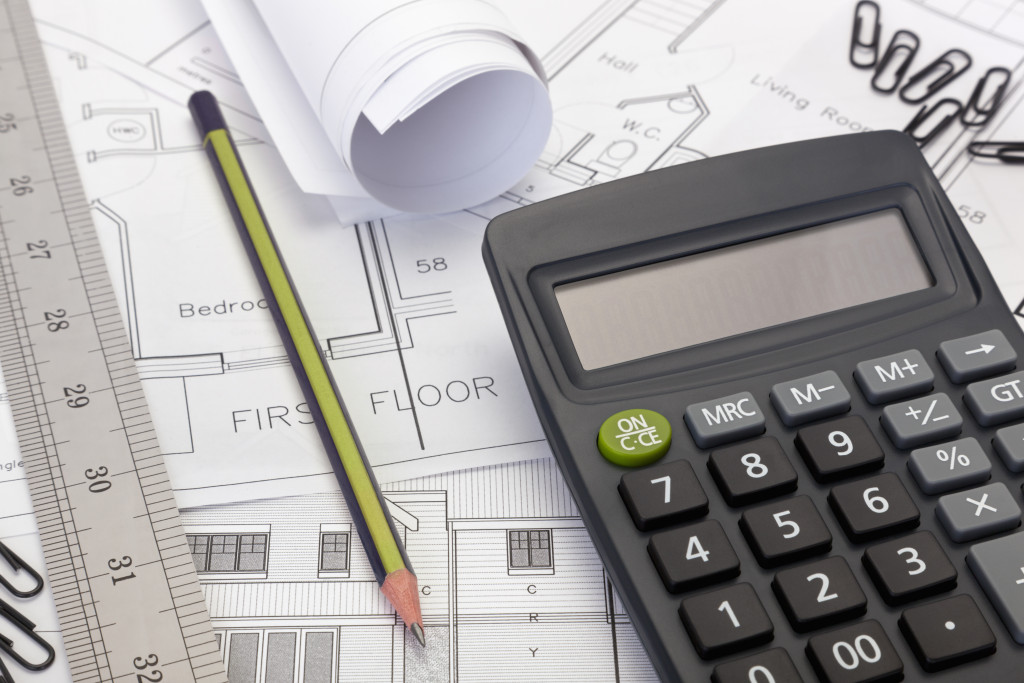A home is a significant purchase—probably the biggest you’ll ever make. In fact, for most people, a house can be the hardest thing to buy because it needs to reflect the owners’ personalities while also matching their respective needs. So, it’s no wonder buying a home with your spouse can be exciting and nerve-wracking.
When buying your first home with a partner, there are many things to think about. Here are five factors to consider before you take the plunge.
1. Location Is Everything
The age-old real estate adage still holds true when you’re buying your first home with a partner—location is vital. You want to find a neighborhood you both feel comfortable with and that meets your needs.
Do you need to be close to public transportation? If you both work downtown, you’ll want to find a home close to the subway or bus line. You’ll want to factor in schools and other amenities like parks and playgrounds if you have children.
Are good schools important to you? Maybe, if you have children, you’ll want to factor in schools and other amenities like parks and playgrounds. And how about nightlife and restaurants? If you’re young or just enjoy going out on the town, you’ll want to find a neighborhood with vibrant nightlife.
Think about your lifestyle and what’s important to you. Then, use those criteria to narrow down your search for the perfect home. Do your research and pick a location that’s the best fit for both of you.
2. Size Matters—But Not Always in the Way You Think
Buying the biggest house you can afford can be tempting if you’re used to living in a small apartment. However, bigger isn’t always better. A larger home means more maintenance and cleaning—not to mention higher utility bills. On the other hand, a smaller home may mean less space for entertaining and fewer rooms for guests. It’s crucial to find a balance that works for both of you.
Think about your lifestyle and what’s important to you. Do you like to have lots of guests over? Then you’ll need plenty of living space. Or maybe you prefer to spend most of your time at home alone—in that case, a smaller home might be just right for you.
Another thing to consider is your storage needs. If you have a lot of stuff, you’ll need more space than someone with a more minimalist lifestyle. And if you have children, remember that they’ll eventually start bringing their friends over and playing in the backyard. You’ll need enough room for all of that!
Finding a balance between what you want and what you need is essential. Don’t buy a house that’s too big or too small—find one that’s just right.

3. Get Pre-approved Before You Start House Hunting
It’s no secret that the housing market is competitive, especially if you’re looking to buy in a desirable location. One way to give yourself an edge is to get pre-approved for a mortgage before you start house hunting. This tells sellers that you’re serious about buying and that you have the financial backing to follow through on your offer.
There are different types of mortgages available, and it’s important to understand the differences before you start house hunting. The most common type is conventional mortgages. This is a loan that is not backed by the government, and it usually comes with a lower interest rate than other types of mortgages.
Getting pre-approved is a fairly simple process. You’ll need to provide information about your finances to a lender, who will then give you a letter that states how much they’re willing to lend you. This letter can be handy when you’re negotiating with sellers.
Keep in mind that getting pre-approved doesn’t mean you’re obligated to take out a loan. It’s simply a way to show sellers that you’re a serious buyer with the financial means to purchase their home.
4. Know Your Must-Haves (And Your Nice-to-Haves)
Before you start looking at houses, sit down with your partner and make a list of your must-haves—and nice-to-haves. For example, your must-haves might be a certain number of bedrooms and bathrooms or a specific location. On the other hand, your nice-to-haves might be things like a backyard or a finished basement.
It’s important to be realistic about what you can afford. Just because you want a five-bedroom house doesn’t mean you can actually afford one. This will help keep you focused as you look at properties and prevent you from getting caught up in the emotions of buying a new home. Once you’ve found a few houses that meet your criteria, it’s time to start thinking about making an offer.
5. Have “The Talk” About Money Before Making an Offer
No one likes talking about money, but it’s a meaningful conversation to have before buying a home with your partner. Decide how much each of you is comfortable spending on the purchase and what kind of monthly mortgage payment fits your budget.
You should also discuss who will be responsible for what when it comes to monthly bills and upkeep costs like painting or repairs. By considering these factors before buying your first home together, you’re setting yourself up for success.
Buying a conjugal home is a huge decision. There are many factors to consider before taking the plunge. Use this guide as a starting point for your research so that you can find the best possible option for your new life together!
